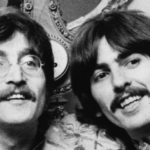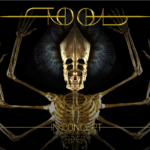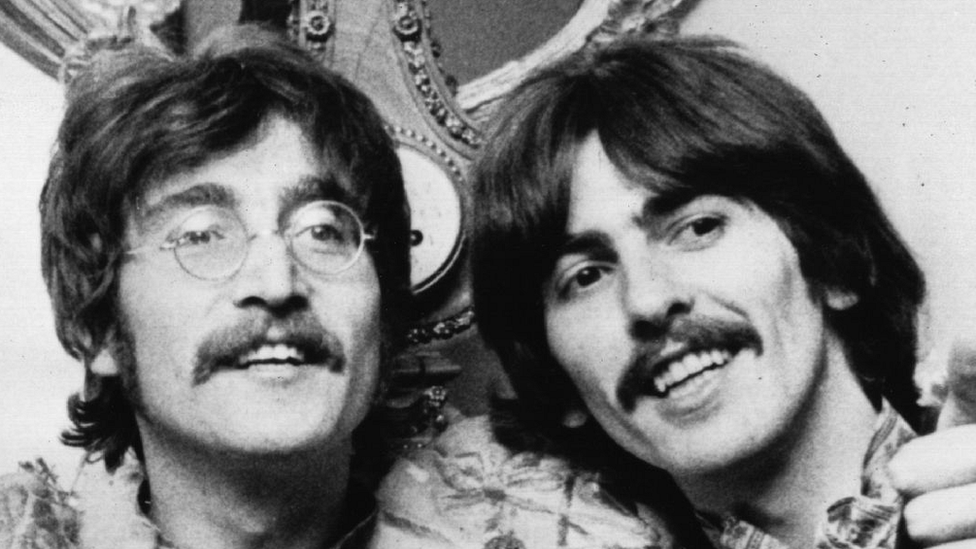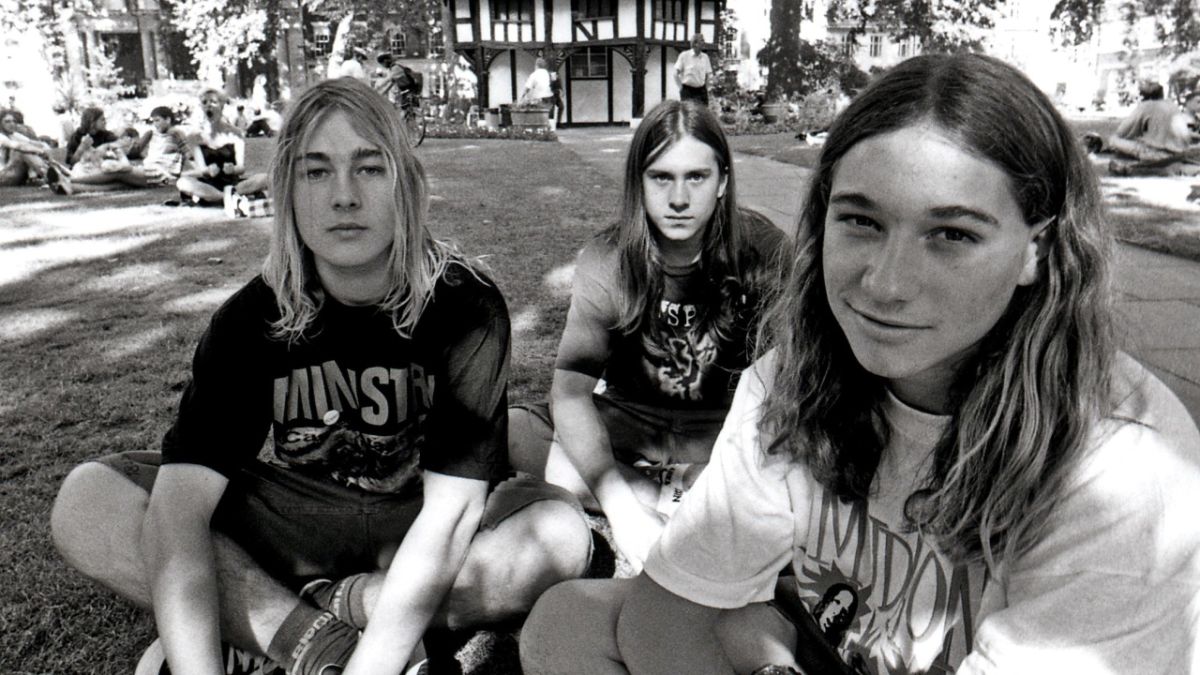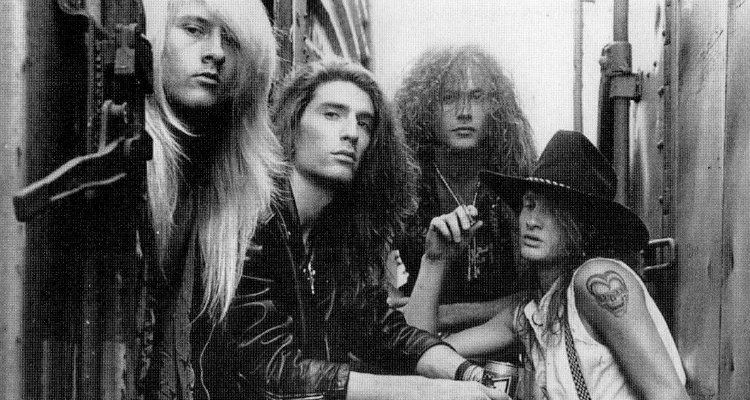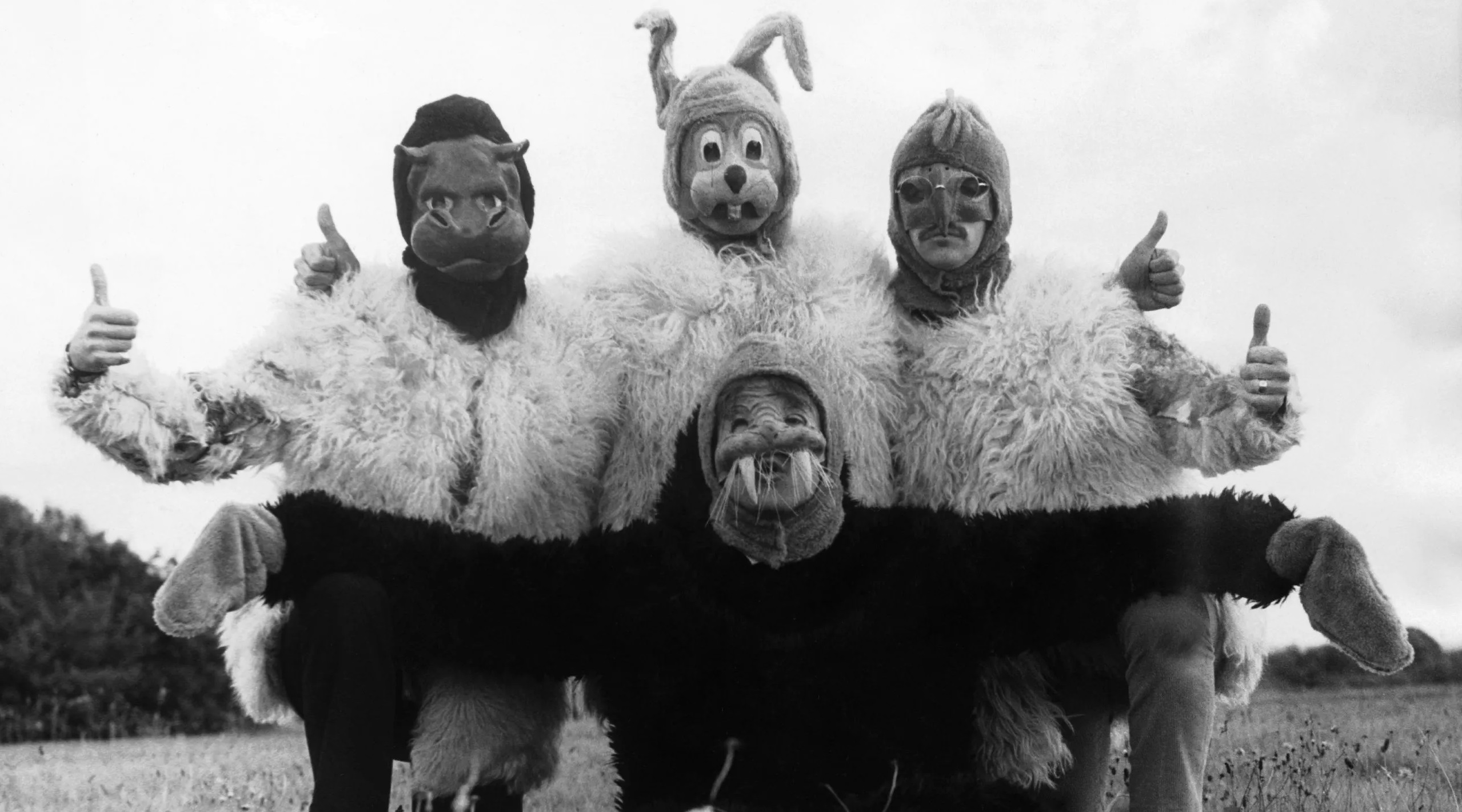Keith Moon, widely known as the drummer for The Who, played a pivotal role in the band’s early success. However, alongside his acclaim for his distinctive drumming style, Moon gained notoriety for his self-destructive behavior. Nicknamed “Moon the Loon,” he tragically passed away in 1978 at the young age of 32 due to the consequences of his actions. This article delves into the life and death of Keith Moon, shedding light on the story behind the loss of The Who’s best-known drummer.
Early Years and Musical Passion
Keith Moon was born in London, England in 1946 and grew up in Wembley. Even as a child, Moon displayed a restless imagination and had a strong affinity for British radio comedy and music. Coming of age in a post-World War II era, Moon, like many children at the time, was unaware of the lingering anxieties from the war. A music journalist, Tony Fletcher, reflected on the children of that generation, stating that they were bored and often hyperactive. Moon’s fascination with playing an instrument emerged when he discovered music he wanted to perform along with. He began his musical journey as a drummer, inspired by the Beach Boys and later expanding his repertoire to include other artists like Eddie Cochran and Dionne Warwick.
Joining The Who and Rising Fame
Moon’s drumming skills were honed by his tutor, Carlo Little, who taught him an unrestrained, hard-hitting style that would become his trademark. After several years of professional playing, Moon auditioned for The Who in 1964. At the time, the band consisted of Roger Daltry, Pete Townshend, and John Entwistle, with an indefinite replacement for their previous drummer. Moon’s audition, marked by his energetic and wild performance, captivated the band members, who saw his potential. The Who’s early years were marked by changes in management and musical direction, but their live performances began to generate significant attention. With the signing of a recording contract and the release of their hit singles “I Can’t Explain” and “My Generation,” The Who’s fame started to soar.

Moon’s Destructive Behavior and Tragic Demise
As The Who’s popularity grew throughout the 1970s, so did Keith Moon’s self-destructive behavior. He gained a reputation for his eccentric persona, often involving the destruction of public property, and his drug abuse was no secret. Moon’s excessive consumption of drugs and alcohol took a toll on his health and strained his relationship with the band. Despite multiple attempts at rehabilitation, Moon’s addiction persisted. In 1978, after the completion of The Who’s final album with Moon, titled “Who Are You,” Pete Townshend warned him that there would be no tour unless he got clean. Sadly, Moon’s efforts were in vain. On September 7, 1978, Moon tragically passed away from an overdose of a sedative he had been prescribed.
At the End
Keith Moon’s life was a tumultuous journey marked by extraordinary talent and self-destructive tendencies. As one of the first drummers to receive recognition comparable to a leading man in rock music, Moon left an indelible mark on The Who’s sound and legacy. Despite his tragic demise


